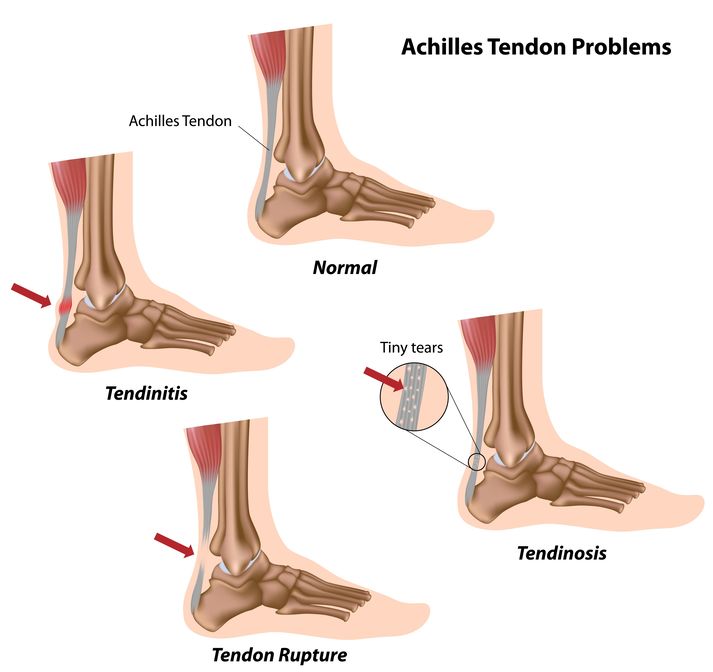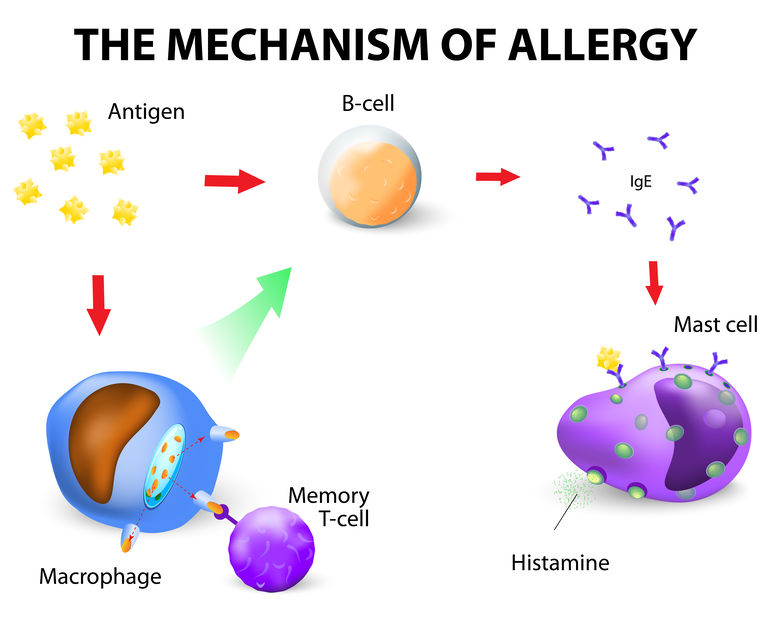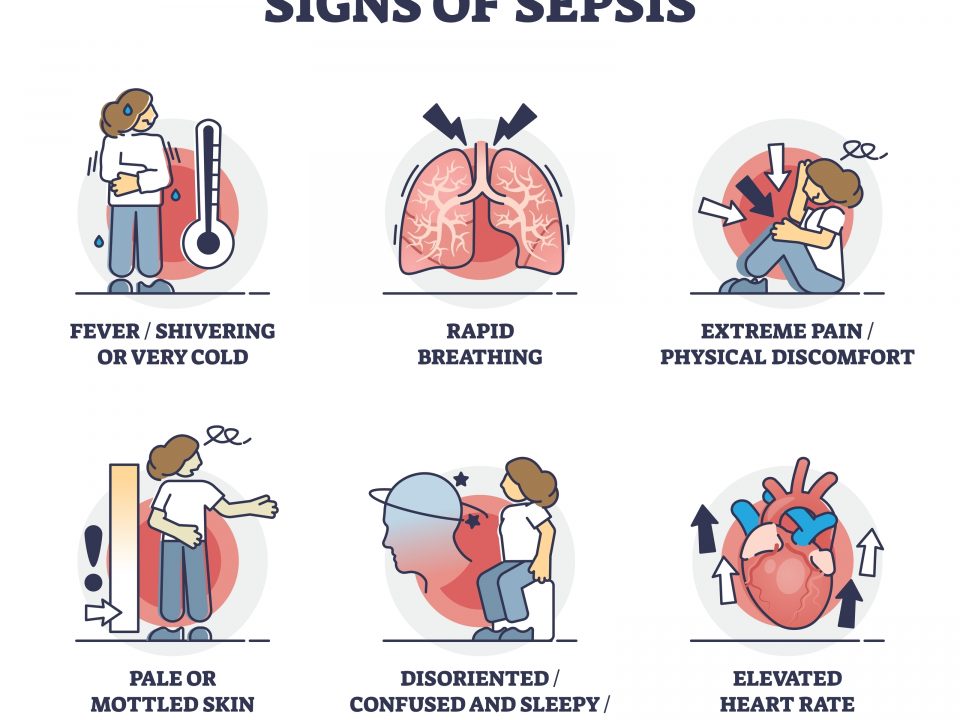
Fellow of The Expert Witness Institute
19th April 2021
Evaluating Achilles tendon injuries in the emergency department
12th May 2021Patients can present to the Emergency Department with a large variety of allergic reactions. This can range from a simple rash with minimal itching or the sneezing from hay fever to those in respiratory distress with closing airways leading to hypoxia or developing low blood pressures and shock.
One of the key elements in stopping those presenting with the minor elements of allergies developing into the life threatening anaphylactic shock is for the doctor to assess the risks and whether the patient is safe to discharge or requires admission for observation until their symptoms settle down. Admitting those that do not require admission is wasteful of resources and the Emergency Department may have pushback from the admitting specialists who feel that patients can be safely discharged.
There are a large variety of items that can lead to an allergic reaction in the population. They can be divided into those that cause the reaction after ingestion, such as peanuts, or those in the environment such as pollen.
If there are environmental elements removal of the patient from the stimulus can lead to recovery but if the allergen has been ingested it may continue to cause a rection until it is metabolized or eliminated from the body.
One of the key elements in the Emergency Department is prevention of allergic reactions especially those due to medical materials or medication. This means that it is important that each patient should be asked about possible allergies before prescribing medication or using materials such as Elastoplast that is known to cause allergies.
It is important when assessing a patient with an allergic reaction is that they may present with a wide range of symptoms and the patient may be unaware of their symptoms such as abdominal pain may be due to an allergy.
When there is an obvious allergic reaction then treatment with either antihistamines with or without steroids either locally or systemically is the usual treatment.
Treatment of more severe allergic reactions verging on anaphylaxis is treated with epinephrine intramuscularly and many of those known to have severe allergies often are supplied with self administering Epi-pens that they can use as soon as they feel their symptoms starting even if they don’t know what has caused the symptoms.
In the Emergency Department failing to urgently identify that a patient is suffering from an allergic reaction and allowing them to deteriorate risks the patient requiring more invasive treatment and potentially adverse outcomes.




